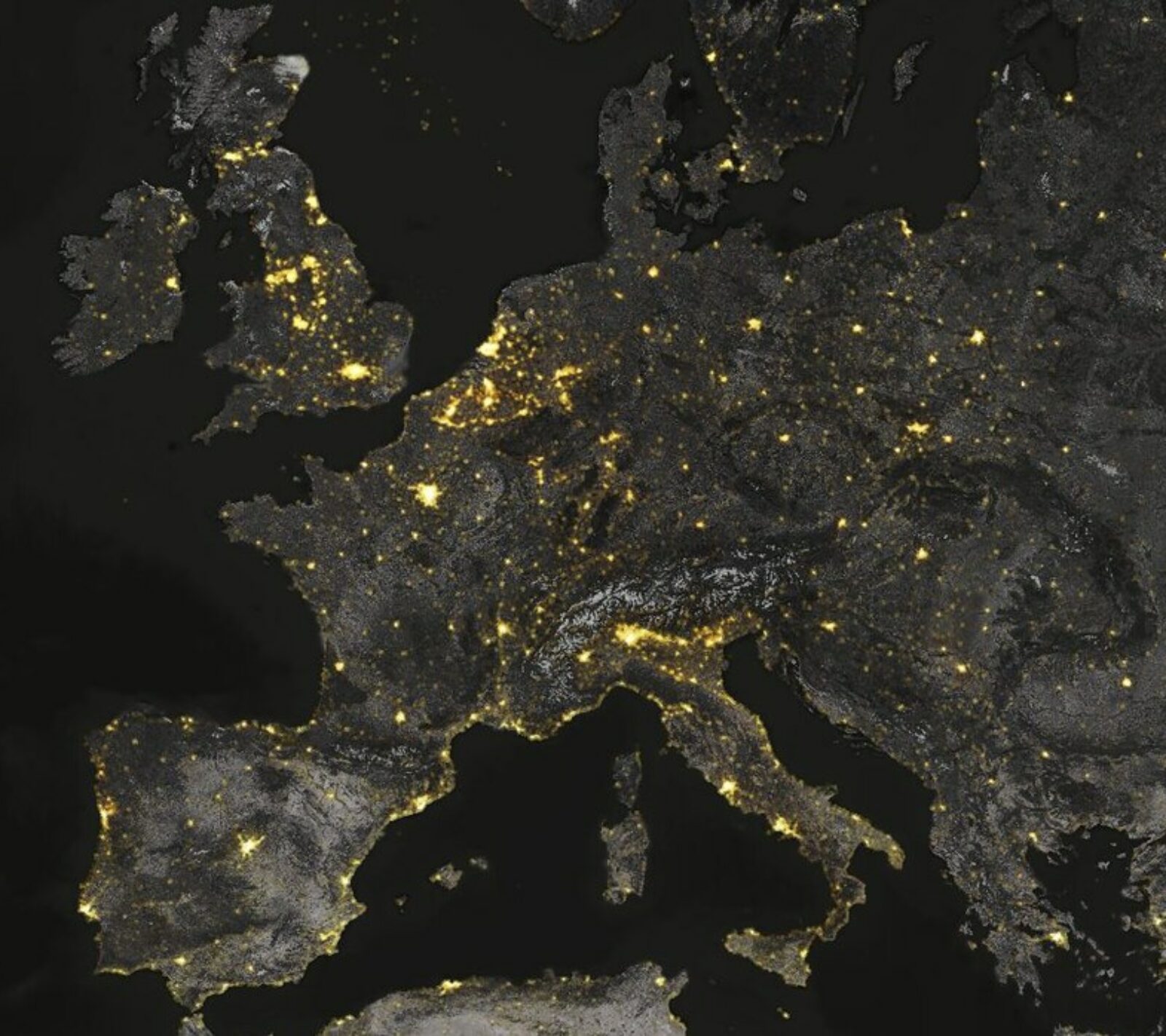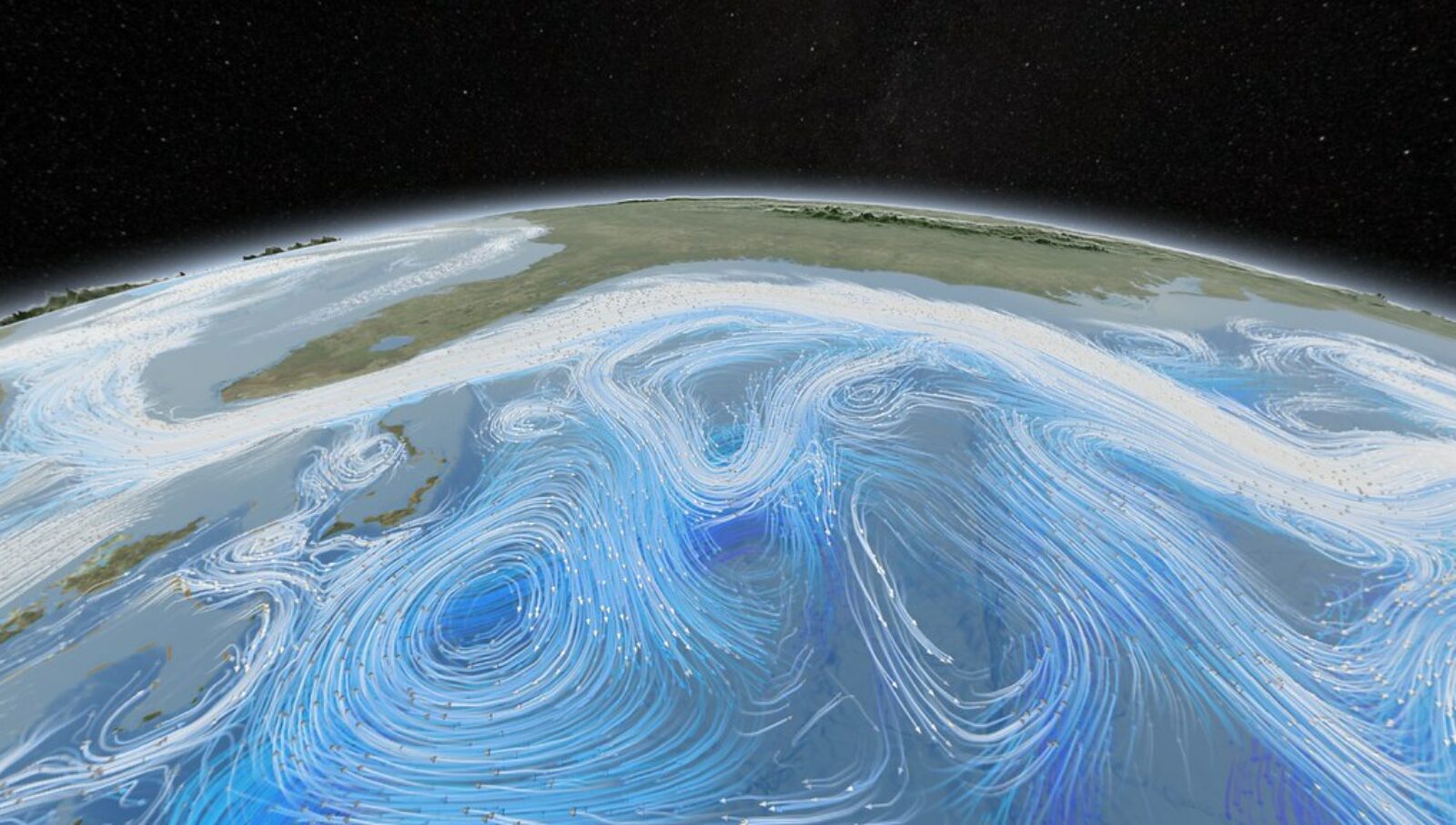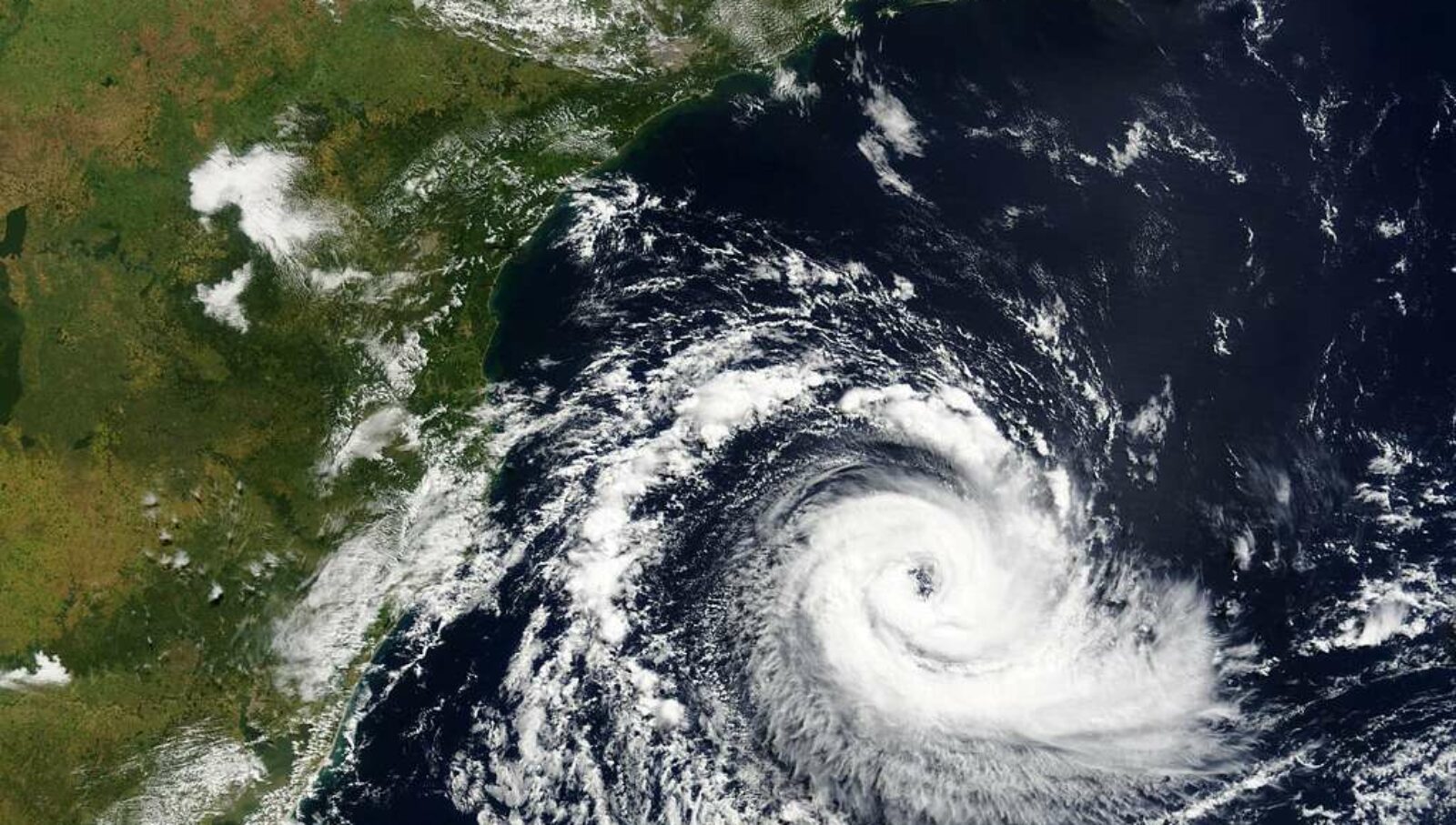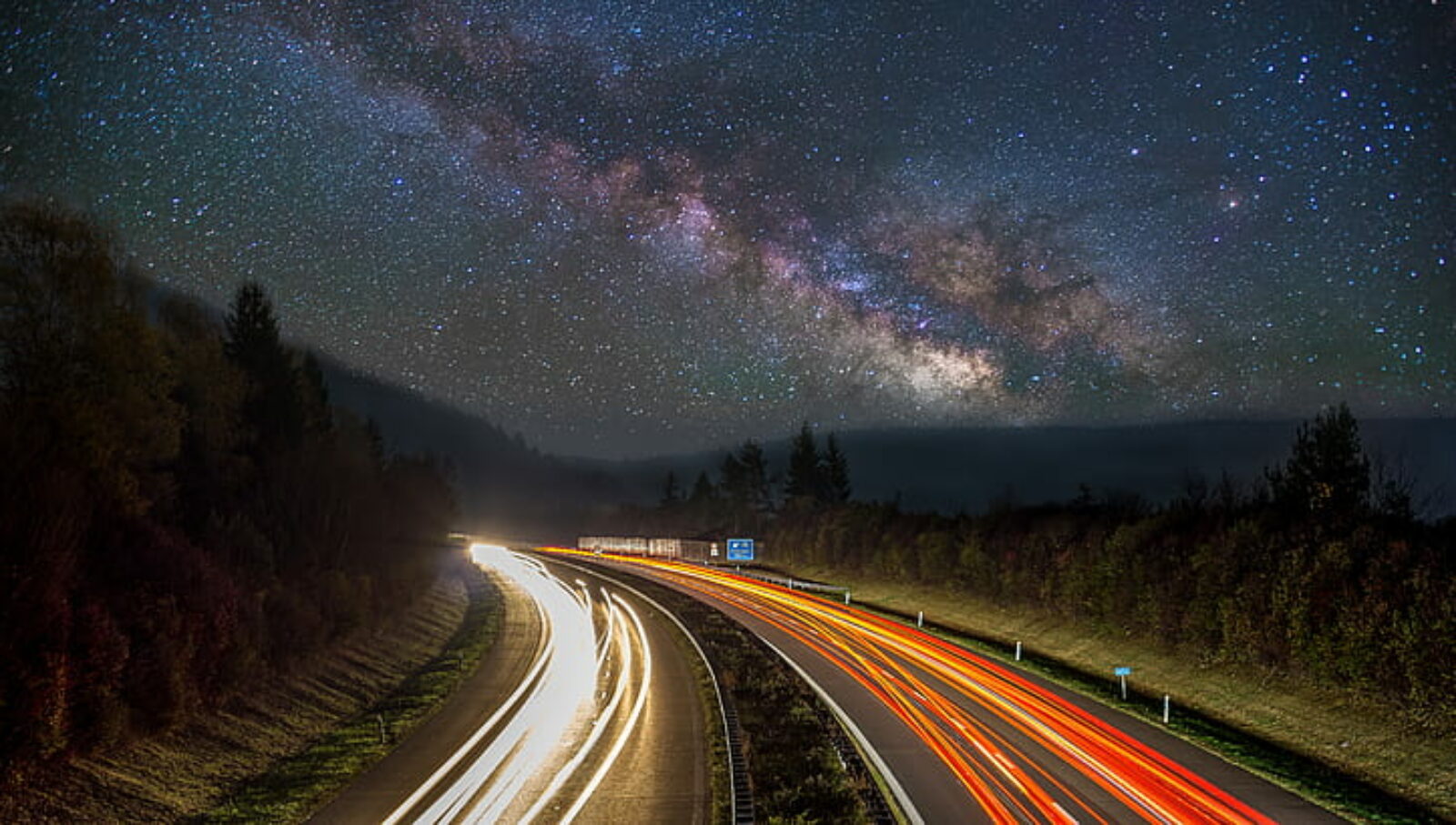08 November 2019
Exploring Futures to Plan Energy Transition
Our new report and its “Guidelines for Future Studies”
Read the synthesis08 November 2019
Our new report and its “Guidelines for Future Studies”
Read the synthesis
With this study, The Shift Project wishes to foster the development of a science based debate on energy transition through the scenario approach. The study takes the issue of power systems as a starting point. While the Methodological Framework and its 12 Technical files are primarily addressed to scenario producers, the Synthesis Report et its Executive Summary are addressed to all actors of society interested in gaining knowledge from, and about, future studies on energy transition.
Scenario-based prospective studies are essential tools to inform public debate on energy transition, as they are designed to engage stakeholders in discussions on complex and uncertain issues. Energy transition is a long-term process taking place through time, and involving all sectors of the economy, the environment and of society.
Many players (NGOs, public actors, professional associations, international organizations) seek to inform and influence the debate on energy transition through future studies. Several future studies reports are published each year in the form of “grey literature”. These reports are not peer reviewed per se, but they involve professional or academic experts from various fields in their constructions, and they inevitably trigger reactions and criticism when they are released (a form of post publication peer reviewing).
The scenario approach clearly meets the requirements for exploring energy transitions: it is holistic and time-based. In addition, it leaves room for creativity and for exploring new, unconventional pathways. However,
for this approach to positively influence the public debate on energy transition, it must be compatible with physics, and it must be truly holistic (otherwise certain first order consequences of the proposed transitions could be neglected).
Scenario-based future studies are currently facing various difficulties with regards to the high expectations placed on them. In a context of growing concern about climate change, biodiversity integrity, material and energy resource criticality, an increasing number of societal stakeholders question future studies regarding several aspects, and expect more and more from them.
We believe future studies are vital tools for the debate on energy transition, and we call for significantly more resources to be poured into future studies activities. In order to adequately inform the debate on energy transition, future studies should be more diverse, and their collective production processes should be upgraded. In addition, dialogue across future studies must be facilitated.
We reviewed the collective practices of future studies with respect to these key topics. We observed several critical limitations. We propose a Framework that helps scenario producers to overcome these limits, thus helping future studies activities to ‘grow up’.
The main author of this study is Nicolas Raillard, an experimented project manager and complex systems specialist. The work has benefited from the contributions of around a hundred experts and stakeholders, over almost two years.
18 Feb. 2019|Report
Energy-Climate Scenarios: Evaluation and Guidance

05 Apr. 2018|Note
Climate Risk Analysis: Stakeholders, Methodologies, Perspectives

21 Feb. 2017|Note
Questionning the scenarios of the International Energy Agency

20 Dec. 2013|Blog
Rogeaulito, published in the scientific revue “Frontiers” in Open Access
